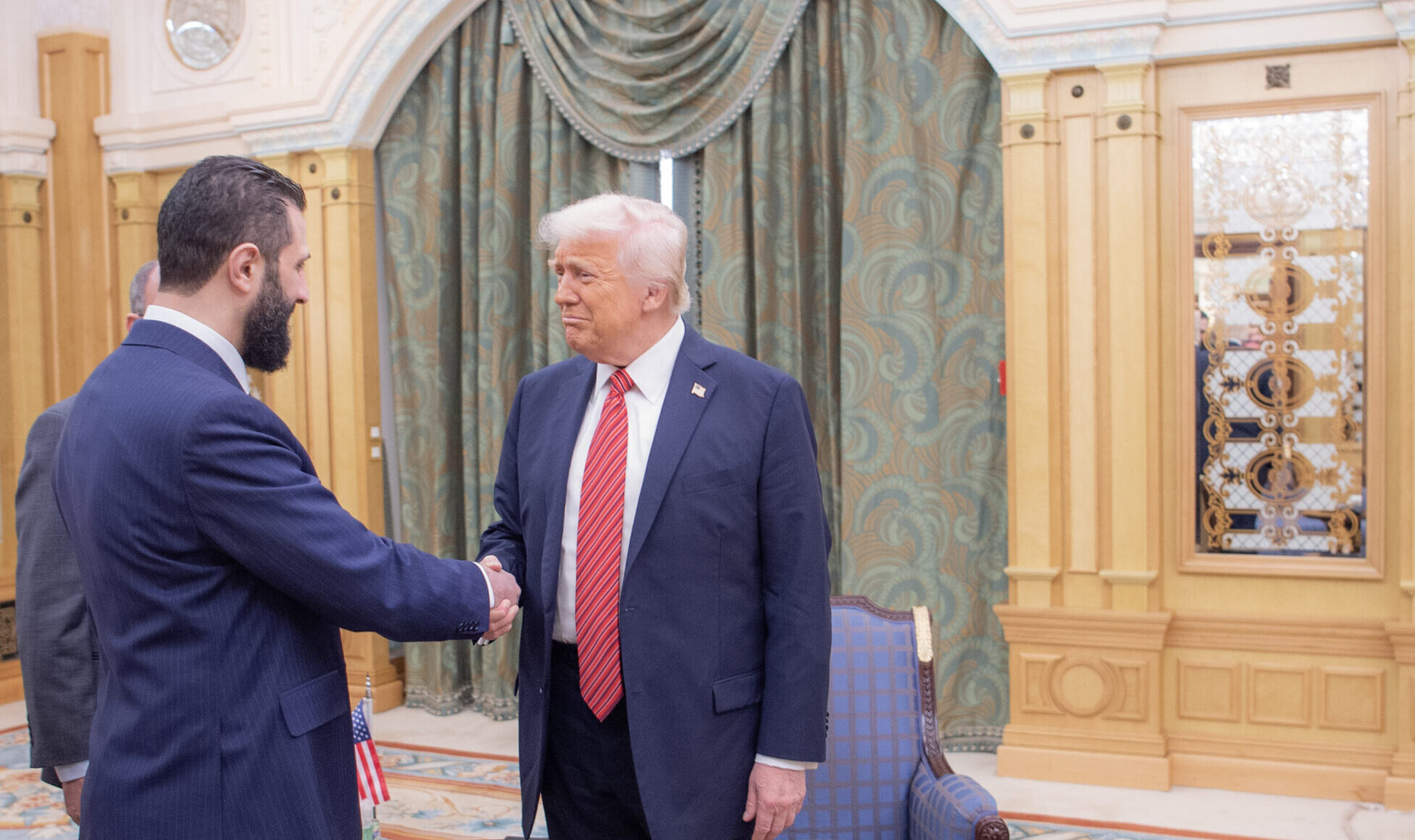Galloping Anachronism
“I think all the arguments about where he [Gogol] belongs are pointless and even humiliating to some extent,” Mr. Yushchenko said, according to the Interfax-Ukraine news service. “He no doubt belongs in Ukraine. Gogol wrote in Russian, but he thought and felt in Ukrainian.” ~The New York Times
Yushchenko might even genuinely believe this–he is a hard-core Ukrainian nationalist, and this is the silly sort of thing that nationalists say. As a matter of literature, which is the relevant subject, does it matter that he “thought and felt” in Ukrainian if he didn’t write in it? Yushchenko’s appeal to Gogol’s inner life is a classic bit of nationalist evasion: literature written in the national language is often used as proof of the “emergence” or “rebirth” of national consciousness, but when a nationality does not or did not cultivate its high literary language (or had not yet defined a certain dialect as its high literary language) until very modern times it is necessary to adopt famous and important figures who, by the normal literary and linguistic standards used by nationalists, might be identified very differently. If necessary, the nationalist will even disavow outward proof of an historical figure’s belonging to a different group and appeal to mystical or emotional inner states, but at the same time cling all the more tightly to any external evidence that backs up the nationalist interpretation of the figure.
The eclectic and selective approach to evidence is typical of nationalists, as it is of ideologues in general, which helps to remind us not only of the futility of such arguments but also their fundamentally distorting and misleading character. Asking whether Gogol would have identified himself with Russia or Ukraine is to ask a question that would not really have meant very much to Gogol himself, because it is a question that would not have had political or, for that matter, cultural relevance in the mid-19th century. It is therefore not a very good question for understanding Gogol, which is what the study of Gogol ought to be focused on, rather than focusing on ways to use Gogol as a symbol. Gogol is an example of how metropolitan Russian intellectual and literary life was enriched by someone from the provinces, and recognizing him as the forerunner of so much in modern Russian literature also acknowledges the debt that all subsequent great Russian novelists owed to the idiosyncratic man who told stories about Rudy Panko the beekeeper, wrote withering social criticism of rural society and serfdom and embarked on extreme, even excessive Orthodox religious devotions that he made while essentially on a pilgrimage to what was still a very Catholic Italy. It is amusing that so many people are invested in trying to pin and lock down a person who was in many respects never fully at home anywhere.
There is something to his observation that arguments about whether Gogol is Russian or Ukrainian are pointless, because neither the Russians nor the Ukrainians are ever going to “cede” him. The malleability and fragility of what it means to be Ukrainian, and the flexibility with which Russians have routinely appropriated the history of Kievan Rus’ and the history of the territory of modern Ukraine down to 1991 ensure that the claim will continue to be contested as long as there are nationalists on either side willing to keep such a senseless dispute going.
Having a birthplace and residence in the territory of a region that later became a Ukrainian nation-state, Gogol is both easier for Ukrainians to claim but harder to monopolize. For the nationalist in newly-independent states, it is supposed to be consciousness, expression and self-identification that matter rather than geographical location, but when there is no evidence for the former apparently location will do, even though this is in turn completely at odds with the national consciousness of diasporan emigrants.
P.S. One point of clarification on this post: when I said that the question of whether Gogol was Russian or Ukrainian would not have had political or cultural relevance in the mid-19th century, what I meant and what I ought to have said was that in the mid-19th century the idea of identifying with Ukrainian ‘nationality’ or ethnicity would have been as meaningless to Gogol just as it would be meaningless to retroject modern national identities onto figures in the post-Byzantine Balkans. I should not have said cultural when I really meant ethnic or national, because there is such a thing as cultural distinctiveness between regions of the same country that does not imply ethnic or national difference between the peoples who belong to distinctive cultures or sub-cultures.
